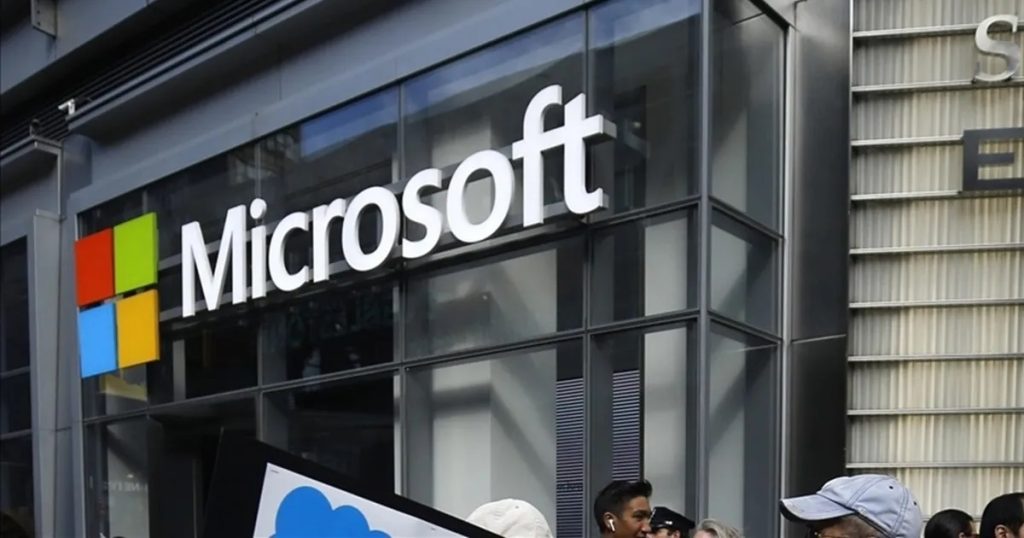Moroccan Programmer Confronts Microsoft Over AI Ties to Israeli War Crimes
Ibtihal Abou El Saad denounces Microsoft’s contracts with the Israeli military during its 50th anniversary event, accusing the company of enabling war crimes through AI technologies.
Watan-In a bold move that shook the halls of one of the world’s largest tech companies, Moroccan programmer Ibtihal Abou El Saad made explosive waves during Microsoft’s 50th anniversary celebration. She publicly exposed the company’s involvement in supporting the Israeli occupation and its complicity in acts of genocide against Palestinians, through the use of AI technologies developed by the company.
Ibtihal showed no concern for her prestigious position—a dream job for millions—and did not hesitate to confront Mustafa Suleyman, the Syrian-born executive leading Microsoft’s AI division, accusing him of collaborating with Israeli war crimes and covering up his open support for the Israeli military.
In an internal message sent to her colleagues after she was expelled from the event, Abou El Saad stated:“Microsoft has signed contracts with the Zionist occupation that empower it to kill civilians and assist in assassinations and targeted strikes through data analysis and tracking.”
She added:“Staying silent about this crime is an even greater crime. That’s why I chose to speak out—no matter the cost.”

Although fully aware of the risks—potential job termination or deportation from the U.S.—she refused to stay silent. After the incident, Microsoft shut down her internal system access, which was widely seen as retaliation for her stance.
Within hours, Ibtihal Abou El Saad became a symbol of courage and dignity, and her story went viral across the Arab world. Activists and influencers on X (formerly Twitter) praised her heroic stance, calling her “the voice of conscience in a time of surrender.”
The incident has reignited debate over the responsibility of major tech companies, especially Microsoft, in fueling wars and atrocities through their partnerships with occupying regimes. It raises urgent ethical questions about the silence of corporations in the face of genocide in Palestine.




